
What food can be fed to a two month old Schnauzer
When you bring home a fluffy little ball - a two-month-old Schnauzer, its big wet eyes look at you as if silently asking, "Master, what should I eat?" At this moment,
When taking your dog out for a walk, the docile dog suddenly barks and pulls the leash desperately when a car passes by, or trembles in fear and hides behind the owner. Such scenes always make the owner feel distressed and helpless. The strong reaction of dogs to cars is not accidental willfulness, but a distress signal from their inner world. Every time a dog's abnormal behavior in the face of a car is like a small hammer, gently knocking on the owner's heart. We are eager to understand: what makes them so sensitive to the steel behemoths that roar by? Exploring the reasons behind it requires not only professional knowledge, but also our deep love and care for our furry children.
From the perspective of animal behavior, the strong reaction of dogs to cars may be due to the combined effect of their innate alert instinct and acquired experience. As a former group hunting animal, dogs are naturally highly alert to changes in the environment. Moving objects and strange sounds may trigger their warning system. For dogs, cars are undoubtedly one of the most impactful and strange things in modern life. The roaring engine and the huge car body speeding by are stimuli beyond the dog's cognitive range, just like a boulder suddenly breaking into a quiet lake, breaking their inner peace. Especially for small dogs, the oppression brought by cars is even stronger. The huge size and deafening sound make them feel as if they are facing a "monster" that may devour them at any time, and fear and anxiety spread all over their bodies in an instant.
Negative past experiences have planted the seeds of fear or hostility towards cars in the hearts of dogs. Maybe when going out one time, the dog was accidentally frightened by the sound of a car horn. The sudden loud noise was like a bolt from the blue, leaving a deep trauma on its young heart; or perhaps a car almost hit the dog when it was approaching, and the thrilling moment of life and death made it firmly associate cars with danger. These painful memories will shroud the dog like a shadow. Whenever they face a car again, the fear they once had will be awakened, driving them to try to drive away the threat by barking, attacking, etc., or choose to avoid it to protect themselves. Seeing the dogs become so fragile and helpless in front of cars because of these unpleasant experiences, the owners are full of self-blame and heartache, and wish that time could go back and erase these pains for them.
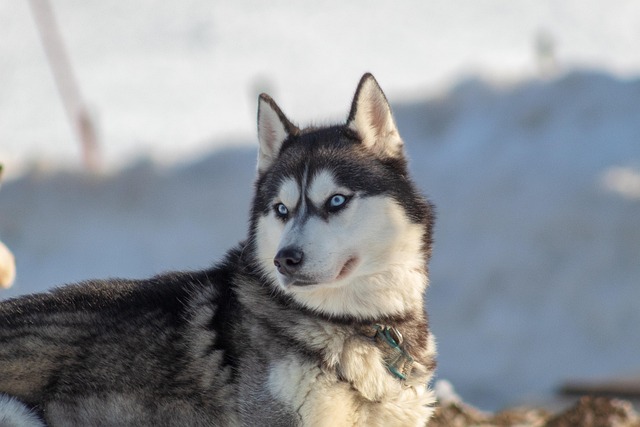 Lack of socialization training is also an important reason why dogs overreact to cars. If dogs do not have sufficient contact with various vehicles in their infancy and do not gradually become familiar with the sound and shape of cars in a safe and gentle environment, they will not be able to establish a correct understanding of cars. In the dog's world, the unknown often means danger. When they see a car whizzing by for the first time and hear the harsh sound of brakes, these unfamiliar stimuli will make them feel at a loss and then overreact. Just like a person who has never seen the sea suddenly faces a stormy sea, instinctive fear will prevail. In this case, every panic of the dog reminds the owner: it is time to help them open the door to the world and let them gradually let down their guard under loving guidance.
Lack of socialization training is also an important reason why dogs overreact to cars. If dogs do not have sufficient contact with various vehicles in their infancy and do not gradually become familiar with the sound and shape of cars in a safe and gentle environment, they will not be able to establish a correct understanding of cars. In the dog's world, the unknown often means danger. When they see a car whizzing by for the first time and hear the harsh sound of brakes, these unfamiliar stimuli will make them feel at a loss and then overreact. Just like a person who has never seen the sea suddenly faces a stormy sea, instinctive fear will prevail. In this case, every panic of the dog reminds the owner: it is time to help them open the door to the world and let them gradually let down their guard under loving guidance.
The personality and breed characteristics of dogs also affect their reaction to cars. Some dog breeds are naturally sensitive and vigilant, such as small dogs like Chihuahuas and Yorkshire Terriers, which are more likely to have fear or aggressive reactions to cars; while working dog breeds, such as German Shepherds and Dobermans, may regard cars as potential threats out of their protective instincts and try to protect their owners and territory by barking warnings. In addition, the unique personalities of individual dogs will also make their reactions to cars different. A timid dog may tremble and hide in a corner when a car approaches; while a dog with a bad temper may bark wildly and try to rush up to fight.
The physical health of dogs may also indirectly affect their reaction to cars. When dogs are unwell, such as suffering from ear diseases that make their hearing sensitive, or joint pain that makes them irritable, they are more likely to overreact when faced with the stimulation brought by cars. Just as we become more vulnerable and sensitive when we are sick, dogs will also amplify their fear and anxiety about cars due to physical discomfort. At this time, their abnormal behavior is not only a resistance to cars, but also a signal to their owners that they need attention and care.
In the face of dogs' strong reactions to cars, the understanding and help of their owners are crucial. We need to accompany them with patience and love to slowly overcome their fears and build their confidence. Through scientific training methods, such as desensitization training, dogs can gradually adapt to the presence of cars; give them enough sense of security, so that they know that they don't need to be afraid when they are with their owners. Every successful guidance and every warm hug are to dispel the haze in the dogs' hearts, so that they can face this challenging world with a peaceful mind again. Because in the hearts of their owners, dogs are not only pets, but also irreplaceable family members. We are willing to give everything just to see them healthy, happy and carefree.

When you bring home a fluffy little ball - a two-month-old Schnauzer, its big wet eyes look at you as if silently asking, "Master, what should I eat?" At this moment,

When you see your usually lively dog suddenly limp while running, being cautious when going up and down the stairs, and even having difficulty getting up,
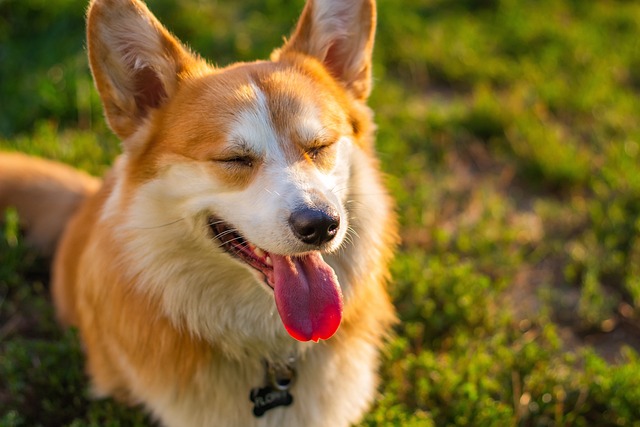
When a doggy door is installed at home to facilitate the dog's free entry and exit,and the owner is looking forward to the dog being able to move freely like other dogs,
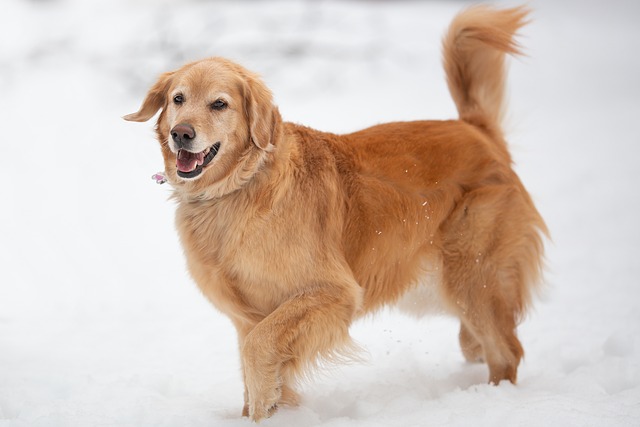
As the most loyal companions of humans, dogs accompany us through countless warm times. Understanding the colors that are difficult to distinguish in their vision is not only an exploration of scientific knowledge,
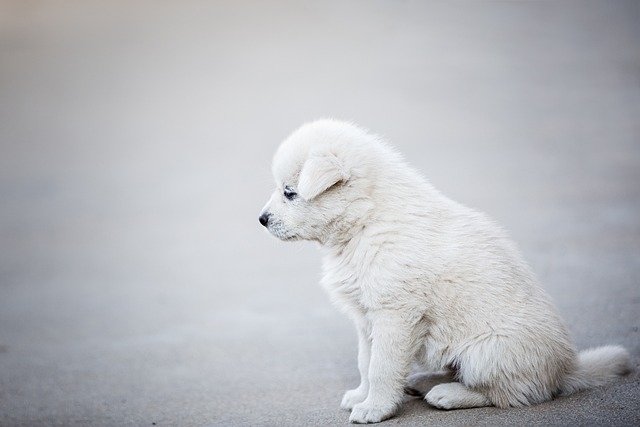
In the morning sunlight, other people's dogs have smooth and shiny fur, shining like silk. However, your own precious dog's fur is dull, dry, and rough,
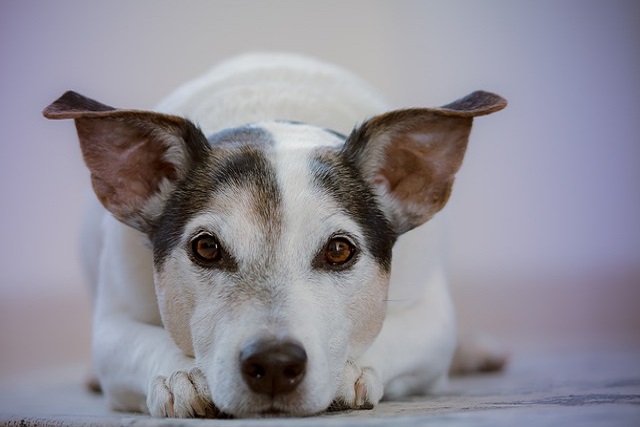
In the late night, in the silent room, you, who were originally sleeping quietly, are suddenly awakened by a "rustling" scratching sound.